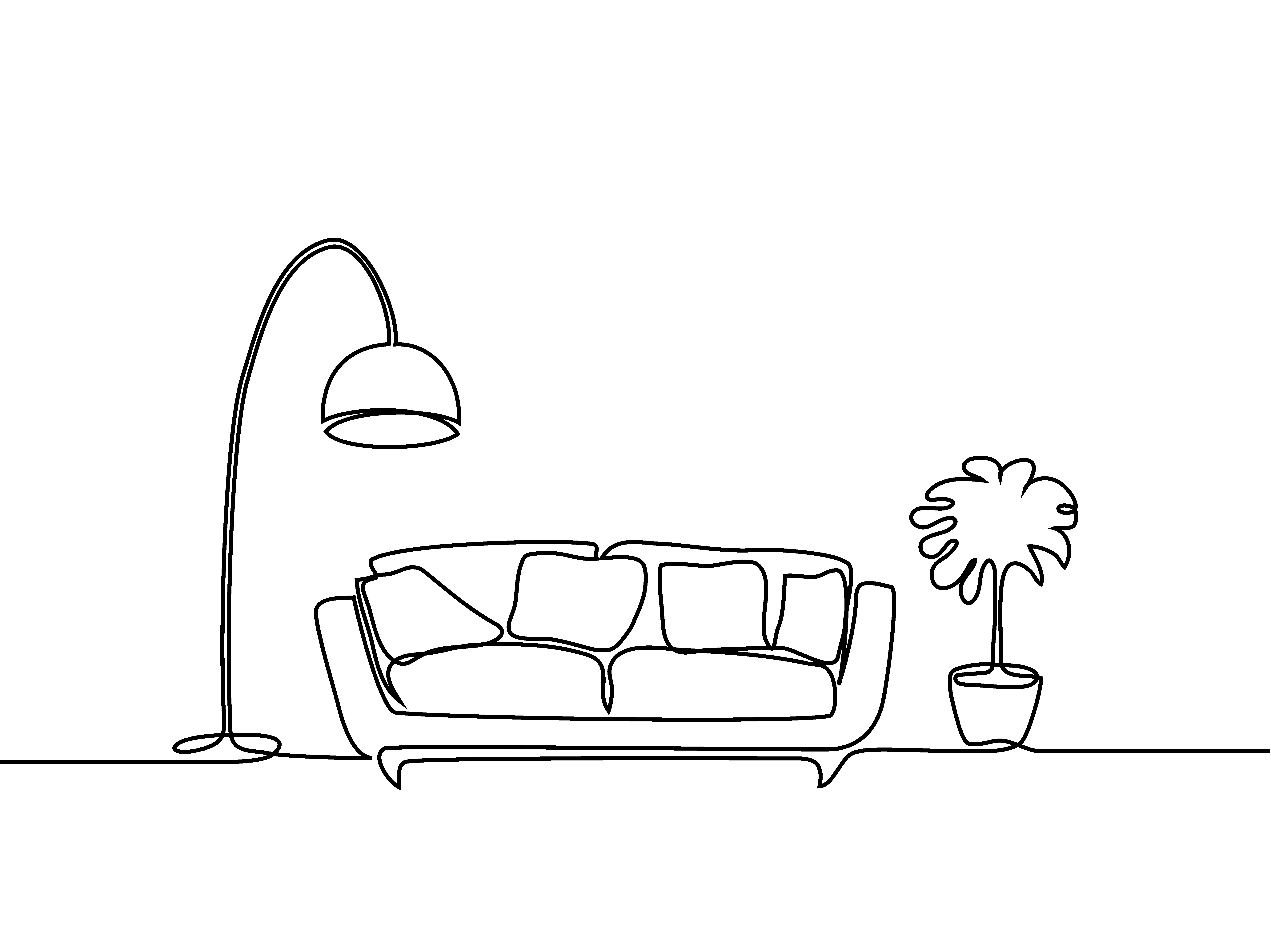After years in another career, I chose to retrain for helping others through mental health challenges. Trauma counseling and marriage and family therapy were areas of focus for me. Life experience, good training, and expert supervision combine to enable me to be effective with a wide range of mental health concerns. My clinical experience includes working a year with men in substance addictions and their families.
How do I view mental health? We are all impacted by the systems of which we are a part (family, friends, work, neighborhood, etc.). Trauma can have a long-lasting impact on our lives. We are all spiritual beings, regardless of which faith system we endorse. Everyone's struggles make sense and are a produce of what happened to them and the choices they made.
Your mental health challenges probably impact every area of your life. Let me help you make sense of them and find ways to flourish in life. I am accepting new clients (individuals, couples, and families) for in-person and virtual sessions.

